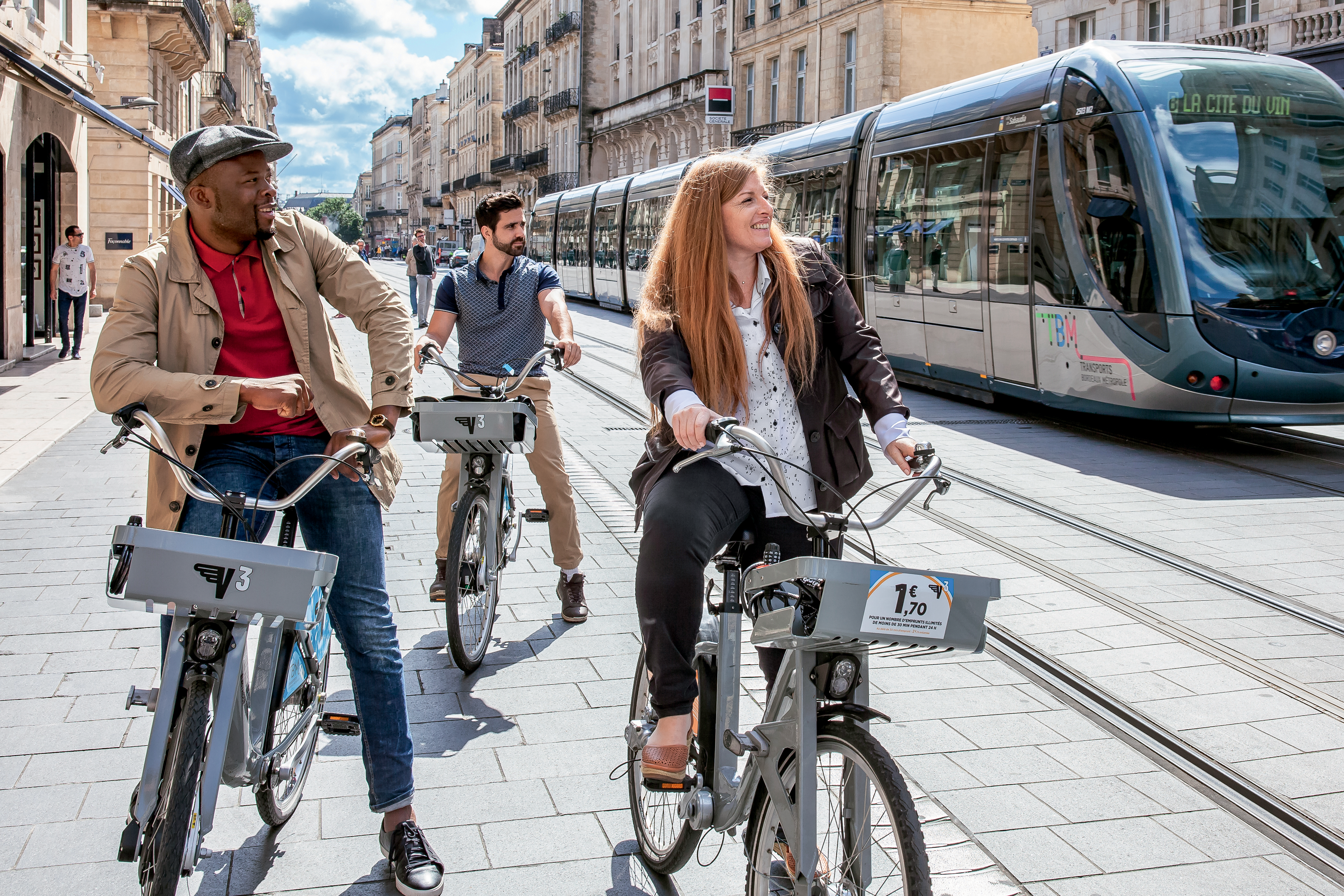When it comes to mobility, there will be a “before” and an “after” Covid-19. Beyond changing our lifestyles and consumption patterns, the health crisis has substantially impacted the way we travel.
1) High expectationsfor alternative transport offers
Remote working has radically changed the way people commute. New and alternative modes of transport have begun to emerge as a result. A revolution is underway, as shown through the behaviour of younger generations, ready to explore all mobility options as long as they are practical, accessible, and environmentally-friendly
2) More coherent, optimised management of the transport offer
Transport users need to be able to get around easily, quickly and comfortably, making the best use of the local services. A concerted analysis of intermodality to decompartmentalise different types of transport and combine them in an optimised way: this is what multimodality is all about.
3) Maas : a solution to be deployed
Offering solutions that facilitate multimodality has become crucial in addressing passenger’s new expectations. This is why Keolis is working closely with the public transport authorities to deploy innovative solutions, such as MaaS (Mobility as a Service) apps. These are key to providing passengers with increasingly personalised, relevant transport offers.


